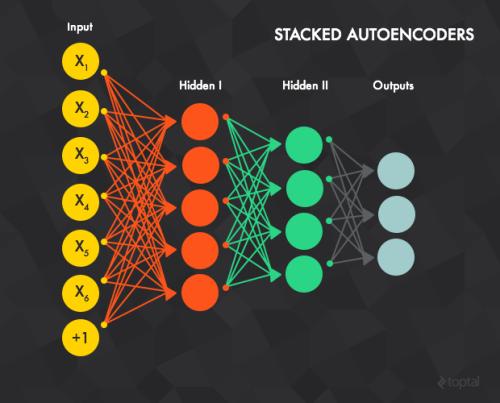We characterize the equilibrium properties of a model of $y$ coupled binary perceptrons in the teacher-student scenario, subject to a learning rule, with an explicit ferromagnetic coupling proportional to the Hamming distance between the students' weights. In contrast to recent works, we analyze a more general setting in which thermal noise is present that affects each student's generalization performance. In the nonzero temperature regime, we find that the coupling of replicas produces a bend of the phase diagram towards smaller values of $\alpha$: This suggests that the free energy landscape gets smoother around the solution with perfect generalization (i.e., the teacher's) at a fixed fraction of examples, allowing standard thermal updates such as Simulated Annealing to easily reach the teacher solution and avoid entrapment in metastable states as it happens in the unreplicated case, even in the so-called computationally easy regime. These results provide additional analytic and numerical evidence for the recently conjectured Bayes-optimal property of Replicated Simulated Annealing (RSA) for a sufficient number of replicas. From a learning perspective, these results also suggest that multiple students working together (in this case reviewing the same data) are able to learn the same rule both significantly faster and with fewer examples, a property that could be exploited in the context of cooperative and federated learning.
翻译:暂无翻译



